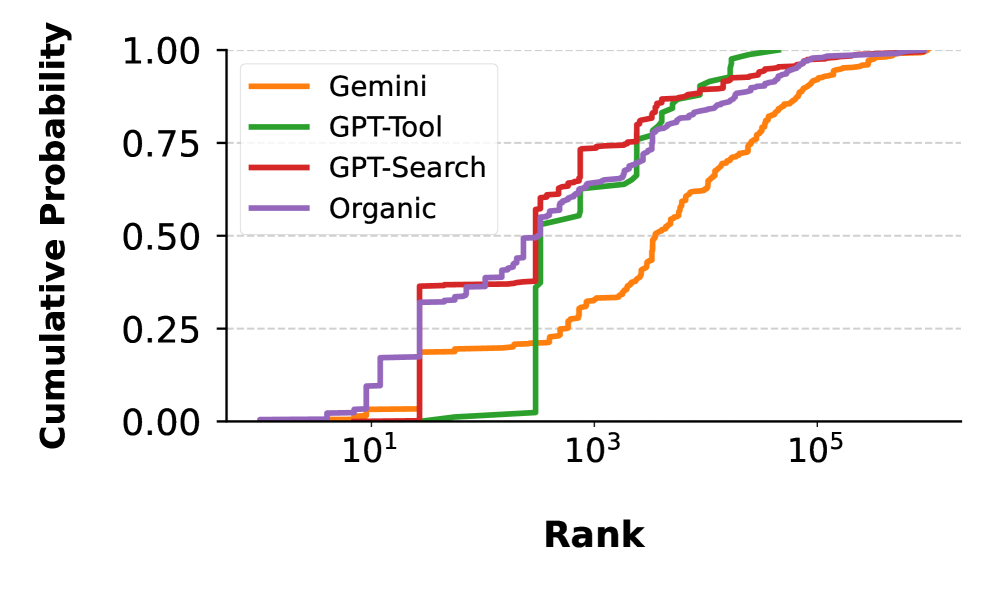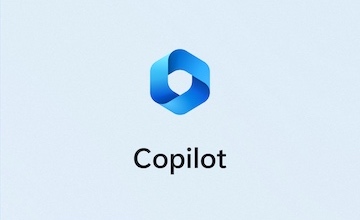Introduction to Atlas Browser
The Atlas browser is a new browser that has been making waves in the tech world. It comes with a built-in AI agent and ChatGPT, which are supposed to make browsing easier and more efficient. However, after trying it out, it seems like it’s not all it’s cracked up to be.
First Impressions
When I first started using Atlas, I was asked to log in and give it permission to access my browser history. After doing so, it took around 10 minutes for it to do its thing. I was relieved to find that it hadn’t bought anything on my behalf, but that was about where the relief ended. When I logged onto Facebook, I asked the AI agent to create a status update for me. What I got was a long, rambling post that was supposedly based on my browser history. Let’s just say it was a bit of a mess.
The AI Agent’s Suggestions
The status update the AI agent came up with was a highlight reel of my browsing history, including my visits to Smartsheet, TeamSnap, Shopify, and Amazon. It even threw in some mentions of Slack, Zoom, and the NYTimes. The whole thing was a bit too much, and I decided against posting it. There were some other equally unimpressive examples, but you get the idea.
The Built-in ChatGPT
Another unique feature of Atlas is the built-in ChatGPT. However, after trying it out, I struggled to find any real utility in having it built right into the browser. In some cases, it was even worse and dumber than the regular ChatGPT. For example, when I asked it to summarize a MIT Technology Review article I was reading, it referred back to the page I had previously been on instead of answering my question. Not exactly what I’d call helpful.
The Real Purpose of Atlas
After using Atlas for a while, I started to wonder who the target audience was. Who is this browser for, exactly? The answer I came up with is that Atlas is for OpenAI. The real customer, the true end user of Atlas, is not the person browsing websites, but the company collecting data about what and how that person is browsing. It’s a bit unsettling, to say the least.
Marketing and Downloads
OpenAI is marketing Atlas pretty aggressively, suggesting that people download it when they come to ChatGPT. And it may well score a lot of downloads because of that. However, without giving people more of a reason to actually switch from more established browsers like Chrome or Safari, this feels like a bit of an empty salvo in the new browser wars.
Conclusion
In conclusion, Atlas is a browser that seems to be more focused on collecting data for OpenAI than actually providing a useful browsing experience for its users. While it may have some unique features, they don’t quite live up to the hype. If you’re looking for a new browser, you might want to think twice before downloading Atlas.
FAQs
Q: What is Atlas browser?
A: Atlas is a new browser that comes with a built-in AI agent and ChatGPT.
Q: What is the purpose of the AI agent in Atlas?
A: The AI agent is supposed to make browsing easier and more efficient, but it seems to be more focused on collecting data for OpenAI.
Q: Is the built-in ChatGPT in Atlas useful?
A: Not really. In some cases, it was even worse and dumber than the regular ChatGPT.
Q: Who is the target audience for Atlas?
A: The real customer, the true end user of Atlas, is not the person browsing websites, but the company collecting data about what and how that person is browsing.
Q: Should I download Atlas?
A: If you’re looking for a new browser, you might want to think twice before downloading Atlas. It’s not quite living up to the hype, and there are other browsers out there that might be more worth your while.











